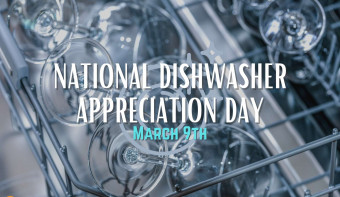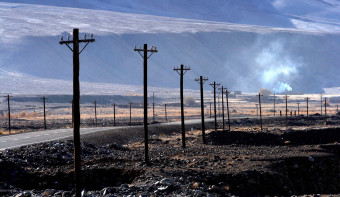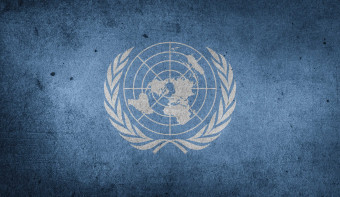About National Gratitude Day
Each year on September 21st, people around the globe come together to celebrate World Gratitude Day—a day dedicated to recognizing and cultivating the powerful practice of gratitude. Since its inception, this observance has encouraged individuals to reflect on the positive aspects of life, express appreciation, and nurture a mindset of thankfulness that can have profound effects on personal well-being and community spirit.
The Origins of World Gratitude Day
World Gratitude Day was first celebrated in 1965. The idea for this global day of thanks was born during a gathering at the United Nations in Hawaii. Sri Chinmoy, a spiritual leader and meditation teacher, proposed that a day should be set aside to express gratitude universally, transcending cultures and borders. The concept resonated with attendees, and soon after, the idea spread across nations. By 1977, the United Nations officially adopted September 21st as World Gratitude Day.
The Science Behind Gratitude
Gratitude isn't just a fleeting feeling—it's a powerful emotional practice that science supports. Studies have shown that regularly practicing gratitude can significantly improve mental health, physical well-being, and relationships. People who cultivate a habit of gratitude are more likely to experience increased happiness, lower levels of stress and depression, and stronger interpersonal connections.
Gratitude stimulates the release of dopamine and serotonin, the brain's "feel-good" neurotransmitters. This can lead to improved moods, greater motivation, and an enhanced ability to cope with life's challenges. Furthermore, those who practice gratitude are often more resilient, optimistic, and better equipped to handle adversity.
The Global Significance of Gratitude
World Gratitude Day is more than just a reminder to say “thank you”—it’s an opportunity to reflect on the importance of being appreciative in both personal and global contexts. In a world that often focuses on what’s lacking or needs improvement, taking a moment to acknowledge what is good can help shift perspectives toward a more balanced, positive mindset.
Different cultures have long traditions of gratitude, whether through religious practices, social customs, or daily routines. For example, in Japan, “Arigato” goes beyond a simple “thank you”—it reflects deep respect and acknowledgment of others’ efforts. In Indigenous cultures, gratitude for the earth and nature is woven into everyday life. These diverse expressions highlight the universal power of appreciation to foster connection and community.
How to Celebrate World Gratitude Day
Whether you're practicing gratitude alone or as part of a group, there are numerous ways to celebrate World Gratitude Day:
Keep a Gratitude Journal: Start the habit of writing down a few things you're grateful for every day. This simple act can create lasting positive changes in your mindset.
Express Your Appreciation: Use the day to reach out to people you care about. A heartfelt message, phone call, or note of thanks can brighten someone's day and strengthen your relationships.
Mindful Meditation: Reflect on the things you're grateful for through meditation. This practice can help ground you in the present moment and heighten your awareness of the positive aspects of your life.
Gratitude Sharing Circles: Gather with friends, family, or colleagues to share what you're thankful for. This fosters community and deepens connections as participants focus on their blessings.
Acts of Kindness: Sometimes the best way to express gratitude is to give back. Volunteer, donate, or simply offer help to those who may need it. Gratitude in action can spread positivity to others.
Thank Nature: Acknowledge the natural world by spending time outdoors and appreciating the beauty of the environment. Small acts, like planting a tree or picking up litter, can be a way to give thanks to the Earth.
Gratitude as a Way of Life
While World Gratitude Day serves as a reminder to pause and reflect, the ultimate goal is to carry the spirit of gratitude with us throughout the year. By consistently practicing gratitude, we can shift our focus from what we lack to what we have, leading to greater fulfillment, improved health, and stronger communities.
In a world filled with constant distractions, pressures, and challenges, taking a moment to acknowledge the good in our lives—whether big or small—can transform the way we live and interact with others. World Gratitude Day encourages all of us to harness the power of thankfulness and to share that sense of appreciation with the world around us.
Similar Observances
National Old Stuff Day
Read More
National Dishwasher Appreciation Day 🫧
Read More
Other Observances on September 21st 2026
World Alzheimer’s Day
Read More
International Day of Peace
Read More










